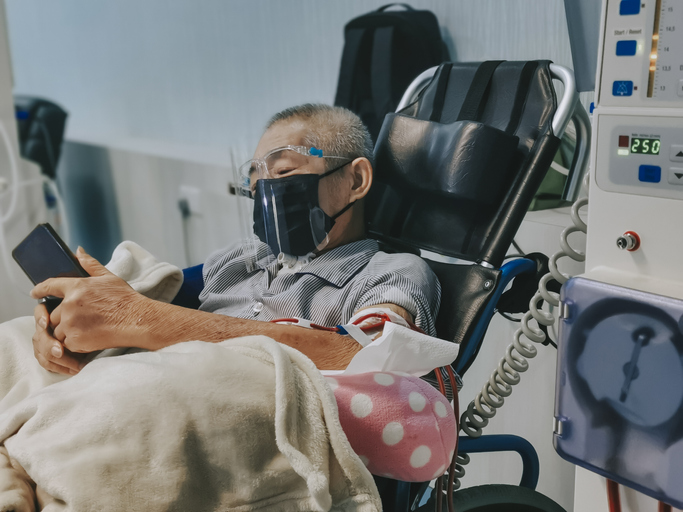Nearly 70 percent of voters in California turned down a ballot proposal in November that would have required a physician, physician’s assistant, or nurse practitioner to be present during treatment times at privately owned kidney dialysis centers in the state.
Proposition 29 was the third attempt by the Service Employees International Union-United Healthcare Workers West union to alter clinic operating rules, Health Care News reported previously.
Hardship for Patients
By increasing clinics’ operating costs, the proposal would have caused many clinics to close, says Devon Herrick, a health care economist and editor of the health care blog at The Goodman Institute for Public Policy Research and an advisor to The Heartland Institute, which co-publishes Health Care News.
“It’s not clear with the union hoped to achieve with Proposition 29,” said Herrick. “It would have led to the closure and consolidation of many dialysis clinics, inconveniencing patients. I can only assume it was a scare tactic to coerce the dialysis industry in California to unionize or face damaging regulations to the industry.”
On the blog, Herrick wrote about some of the hardships patients would have faced if the ballot initiative passed.
“Some elderly patients cannot drive and have to be transported to and from clinics,” wrote Herrick. “One patient told the LA Times it’s not always easy to find open slots and the process is exhausting. Driving an hour to a center, laying hooked to a machine for hours, and driving an hour home is not something patients look forward to.”
Opponents and supporters of the measure advertised heavily before the election.
In addition to mandatory staffing, Proposition 29 would have required all physicians to disclose if they had clinic ownership of 5 percent or more. There were also restrictions on who could be turned away from a clinic due to billing issues.
–Staff reports
For more great content from Health Care News.





















